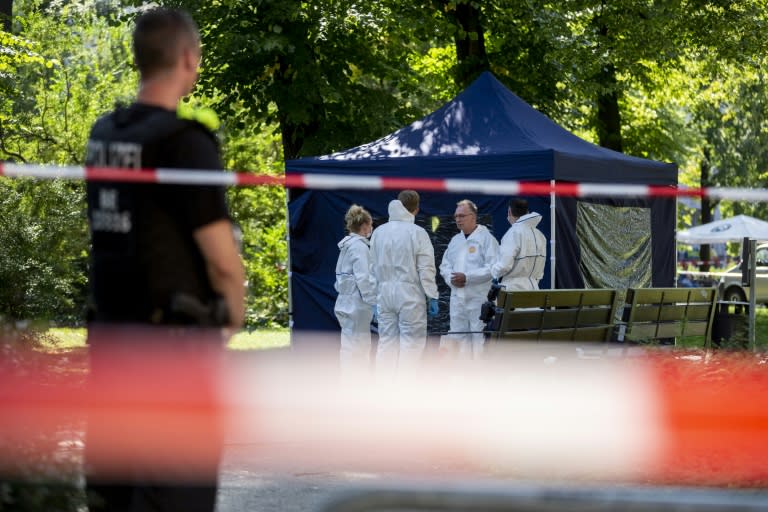In 2011 I was in Libya reporting on the civil war. Rebels backed by the US, the UK and France were advancing on the capital, Tripoli. The insurgents moved forward through bombed-out towns as Muammar Gaddafi’s forces retreated. Coastal cities in the west and east, oil refineries, Roman ruins and temples – all fell, one by one, as the regime lost ground.
These were dangerous times.
In the town of Zawiyah I found locals celebrating victory in the main square. They were shooting in the air and doing wheelspins and skids in their cars and trucks. Gaddafi’s soldiers had left the previous night, fleeing down the road. I saw a small boy, maybe eight years old, stomping on a Gaddafi flag. “The city is ruined. No problem – we will rebuild it,” one local, Tariq Sadiq, told me.
The signs of battle were everywhere. The square’s four-star Zawiyah Jewel Hotel was a ruin. The lobby was filled with rubble. Mattresses where Gaddafi’s soldiers had slept lay strewn among crates containing mortar cases and empty plastic water bottles. The air crackled with jubilant gunfire.
The celebrations turned out to be premature. From their new positions, and without warning, Gaddafi’s army began shelling the square. I took shelter indoors. First one mortar, then six more. Each was a loud thunderclap, a sudden affirmative whomping, followed by puffs of black smoke.
At that moment, I wasn’t much interested in the types of munitions that were raining down. There was a simple urge: to escape. My role, as I saw it, was to tell the stories of those unwittingly caught up in conflict. I had brought to Libya the usual tools of a frontline correspondent: flak jacket, satellite phone and first-aid kit, carried in a rucksack.
A man named Eliot Higgins was following events in Libya, too – not from the front line, but from his home in the east Midlands. Specifically, from his sofa. It was a safer place to be – and, as it turned out, as good a perch as any from which to analyse the conflict, and to consider questions that, in the heat of battle, were interesting, but seemingly unanswerable. Questions such as: where did the rebels get their arms?




 .
.